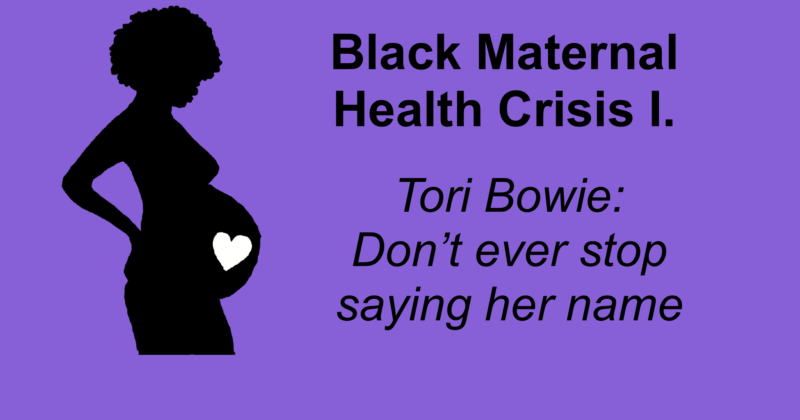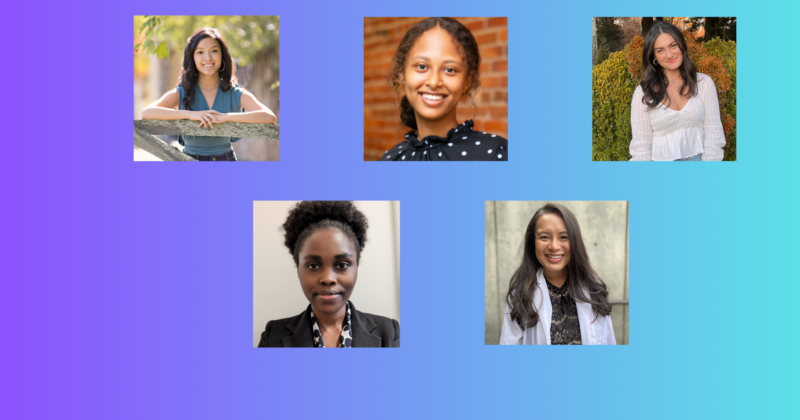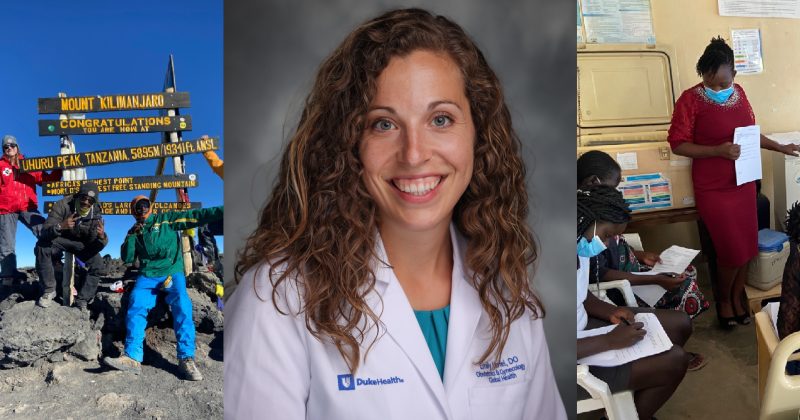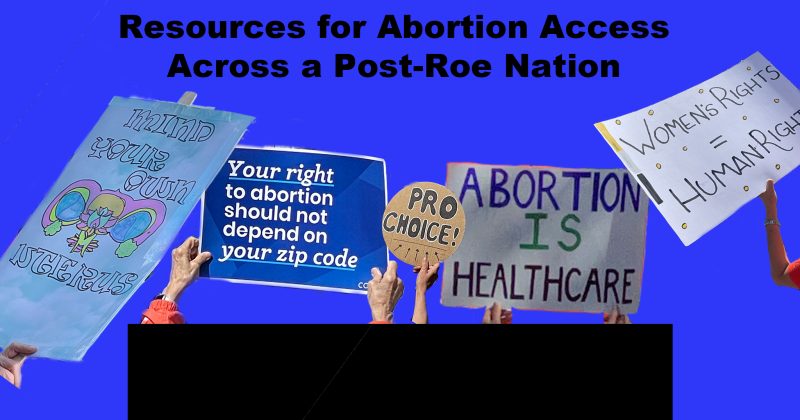
Tori Bowie: Don’t ever stop saying her name.
*trigger warning: mention of death Say her name. Frentorish “Tori” Bowie. Dr. Shalon Irving. Tatia Oden French. Kira Dixon Johnson. Yolanda “Shiphrah” Kadima. Amber Rose Isaac. The list could continue extensively. I lead with these women’s names because sometimes they get lost in the horrific statistics that that show a Black women is almost 3 times more likely to die from pregnancy or childbirth related causes than a non-Hispanic white women (Craft-Blacksheare & Kahn, 2023). The maternal mortality rate for Black women in 2021 was 69.9 deaths per 100,000 live births (Hoyert, 2023) with 393 deaths in 2019 alone (Fleszar et al., 2023), and most of these maternal deaths were deemed preventable (Fleszar et al., 2023). Further, Black newborns are over two times greater to die in their first year than white newborns. The role of racism in these preventable deaths is highlighted in the fact that the mortality rate of infants of college-educated African American mothers experience an infant mortality rate that is greater than those of white...



